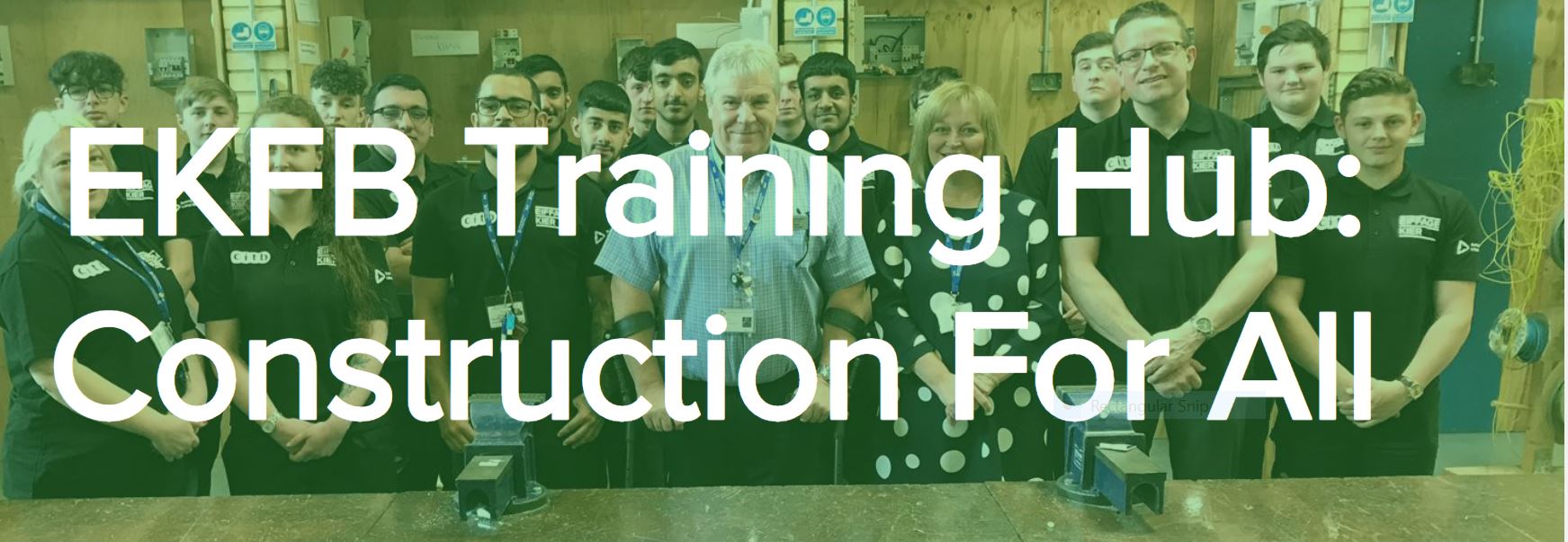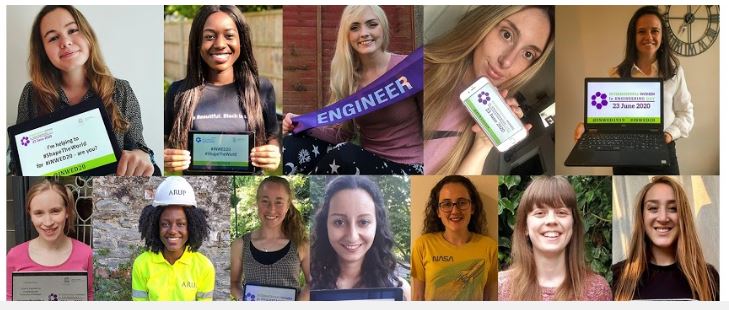By Solange Semedo, Non-Executive Director, ETZ Global PLC
Females, under 25s, engineers and ‘techies’ are the core focus of the Balfour Beatty VINCI recruitment and skills drive for the £100bn HS2 highspeed rail project- Europe’s largest infrastructure project. With the anticipated UK infrastructure boom ready to embrace the ‘new normal’ alongside the tech-enabled skill set of the construction industry, do recruiters have these ‘core’ candidates on their books yet? If not, is there a call for the recruitment industry to educate the larger public through new campaigns that construction requires a diverse set of skills – far beyond handling diggers and concrete mixers – with women at the heart of the sector’s future?
HS2’s main works contractor for the West Midlands, the Balfour Beatty VINCI Joint Venture (BBV JV), along with its supply chain partners, has said it expects to be one of the biggest recruiters in the West Midlands over the next two years, with up to 7,000 skilled jobs required to complete its section of the HS2 route, with women and under-25s the core focus for recruitment and skills investment.
HS2’s directly employed female workforce sits at 39% compared to the sector average of 12.5%, as reported in October 2019 by GMB, the union for construction workers.
But what of those that have never worked in the construction industry? Do in-house HR teams and recruitment agencies breeze over unlikely candidates, or do they embrace them? EKFB Joint Venture (Eiffage, Kier, BAM Nuttall, Ferrovial), which is building the section from the Long Itchington Wood site in Warwickshire south to the Chiltern tunnel portals, is approaching the latter option.
As part of the Construction Industry Training Board- funded training hub, EKFB has trained over 400 people over the last year. All were new entrants to the construction industry who each received an industry accredited qualification to support their journey into a career in construction and civil engineering.
EKFB has said it will recruit over 4,000 roles in the next two years, many based in Milton Keynes, as work ramps up in the area. Office-based and site and remote job careers are also evolving with the new normal, too.


EKFB is training new recruits for today’s infrastructure projects; Photo Source: EKFB
In this EKFB blog post candidates and agencies can get an inside look at how construction is radically changing as the industry shifts to cloud-based, remote and artificial intelligence IT solutions, far from the mainstream assumptions of what a typical construction worker gets up to in any given day or even looks like.
A female’s perspective on construction
Professor Dimitra Simeonidou, Fellow of the Royal Academy of Engineering and Director of Smart Internet Lab and Co-Director of the Institute of Digital Futures at Bristol University believes that nurturing a sustainable pipeline of female talent will provide a better balance in gender diversity and family life when it comes to infrastructure design, development and construction.
“Despite recent progress, there are still many barriers for women in engineering. For example, consider a career in academic or industrial research and the required travel as being an active part of an international professional community – maintaining an equilibrium between work, family life and caring responsibilities can be a challenge,” writes Simeonidou in The Engineer. “Oftentimes, women are expected to perform a balancing act and, naturally, this can impact their career progression. As such, there should be more support for women in this respect, not least because of the hours they devote to their research and teaching. This is especially true within industry; companies need to attract and keep talented women in the workforce when they choose to have a family,” says Simeonidou.
There is also a strong argument that infrastructure by design should have a greater gender balance when it comes to design and construction since these are public assets to be enjoyed by a diverse population. “Ultimately, engineers will continue to shape the UK’s future and play an influential role in its economy,” says Simeonidou. “Whilst the government is keen to encourage young future talent, the diversity gap is still yet to be addressed.”


The Women’s Engineering Society (WES) ECB is formed of 12 women engineers early in their careers and seeks to make WES more accessible to younger members. The first #WESECBProfile was released on 12 August 2020, and features Alex Mather, a newly joined Early Careers Board member and Graduate Civil Engineer at WSP. It delves into the passion that accompanied Alex from the very start of her career, and how she achieved her position she currently holds. Photo source: WES
Opportunity of a lifetime?
Given that HS2 is a planned high-speed rail network between London, the West Midlands, Manchester and Leeds, the recruitment drive for the project is a massive opportunity for recruitment agencies and women. Therefore, agency dedication to candidate campaigning to not only secure pre-qualified candidates but also encourage training for less experienced ‘core’ candidates is paramount for the project’s schedule and budget. The project has been waiting for lift-off for a decade, so any delays or additional resources required will rack up costs for everyone involved – including agencies.
Michael Dyke, Managing Director for BBV JV, says the organisation will be working alongside HS2, local authorities and charities to have a more inclusive workforce, not just now but ten years from now.
“We are committed to offering people of all ages and backgrounds across the West Midlands the chance to benefit from the wide range of employment opportunities available through the scheme, including numerous apprenticeship and graduate positions,” he says.
HS2’s Tier One construction partners based in Greater London will also be recruiting. Skanska Costain STRABAG (SCS JV), Balfour Beatty VINCI SYSTRA (BBVS JV), Align JV and Mace Dragados JV have also all confirmed that they will collectively recruit over 10,000 new jobs as HS2 gears up for major construction. Skanska Costain STRABAG JV alone has confirmed that it will create an estimated 4,800 jobs, including employment for around 550 previously unemployed people and 400 apprenticeships.
James Richardson, Managing Director, Skanska Costain STRABAG Joint Venture, says the project will be in partnership with charities and communities to support those who might face barriers to returning to work and be representative of the communities served.
HS2 is already directly recruiting for 500 new roles over the next three months, with the majority based in Birmingham, as the project moves into the construction phase.
In a statement, HS2 claims that the forecasted jobs boost will play a role in supporting Britain’s post-coronavirus economic recovery. The question is, will recruitment agencies have enough internal resources at the onset and the trained ‘core’ candidates to get digging on this major opportunity?
If you are looking to participate in the HS2 recruitment drive and would like to learn how to save up to 85% on back office, payroll and CRM software costs so you can focus your agency’s resources on candidates and clients give us a call or book a free consultation.


Releasing the potential for growth Technology has proved transformative to the recruitment industry, with its benefits most strongly felt by...
Read more

Stimulating the job market and increasing opportunities for recruiters There is much speculation about the UK Budget scheduled for 30...
Read more

AI developing at astonishing pace To say that the recent rise of AI has been meteoric would be to do...
Read more